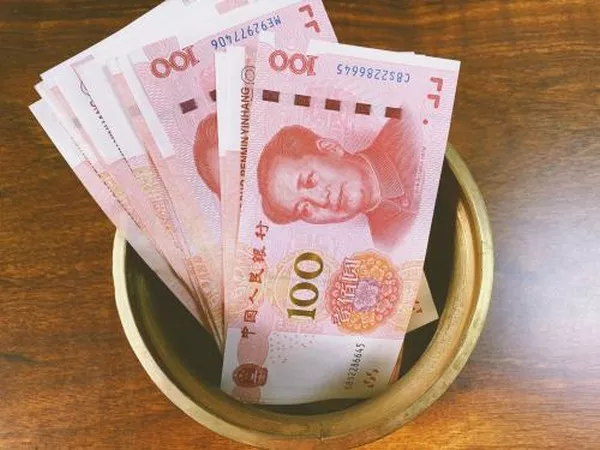What do we mean by money supply in foreign exchange fundamentals?
Does everyone know all about it?
Don’t know and Xiaobian together to see what they mean!
What do we mean by money supply in foreign exchange fundamentals?
money supply refers to the financial process in which the banking system of a country or currency area injects, creates, expands (or contracts) money into the economy.
Money supply refers to the total amount of money outside the government and banking system held by households and manufacturers in a country at a given point in time.
Main contents of money supply in foreign exchange fundamentals Main contents of money supply include: division of money level;
The money creation process;
The determinants of money supply.
In the modern market economy, the scope and forms of money circulation are constantly expanding. Cash and demand deposits are generally considered to be money, while time deposits and certain credit instruments that can be converted into cash at any time (such as bonds, life insurance policies, credit cards) are also widely considered to be monetary in nature.
Generally speaking, the monetary hierarchy can be divided as follows: M1= cash + current deposit + traveler’s check + other checking deposit;
M2=M1+ small time deposit + savings deposit + retail money market mutual fund;
M3=M2+ other financial assets.
The process of money creation (supply) refers to the process in which banks create money through their monetary operations. It includes the process in which commercial banks supply money to circulation through the derivative deposit mechanism and the process in which the central bank influences the money supply by adjusting the amount of basic money.
The factors that determine the money supply include the increase of money issuance by the central bank, the amount of funds available for commercial banks regulated by the central bank, the ability of commercial banks to derive funds, the economic development, the monetary demand of enterprises and residents and other factors.
Money supply can also be divided into nominal money supply expressed in monetary units and real money supply expressed in goods and services that can be purchased with money in circulation.
Central banks supply base money. Commercial banks create depositkeeping money. Central banks supply base money in three ways: by changing their reserve assets, by buying and selling foreign currencies or precious metals in the foreign exchange market;
Move claims on the government, conduct open market operations, and buy and sell government bonds;
To change the creditor’s rights to commercial banks, handle rediscount business or issue reloans to commercial banks


